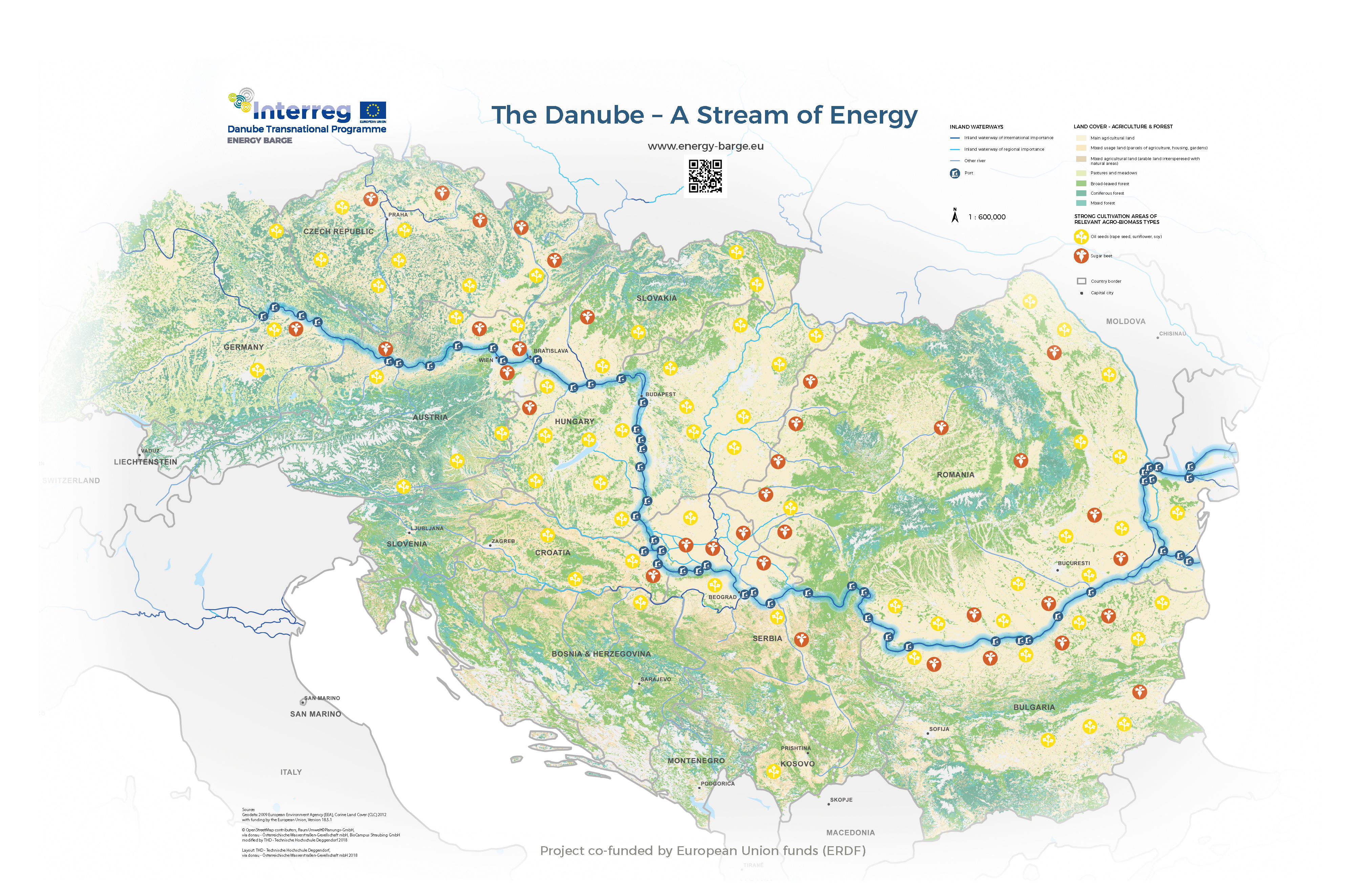
ENERGY BARGE - „Building a green energy and logistics belt in the Danube region”
Funding programmeInterreg Danube Transnational Programme (DTP) | clientPort of Vienna | durationJanuary 2017 - June 2019 |
The aim of ENERGY BARGE was to increase the use of biomass for sustainable energy production in the Danube region and to shift more biomass transportation to the Danube waterway. ENERGY BARGE built on existing national initiatives on the Upper Danube and aimed at an intensive exchange of knowledge and experience along the entire Danube corridor.
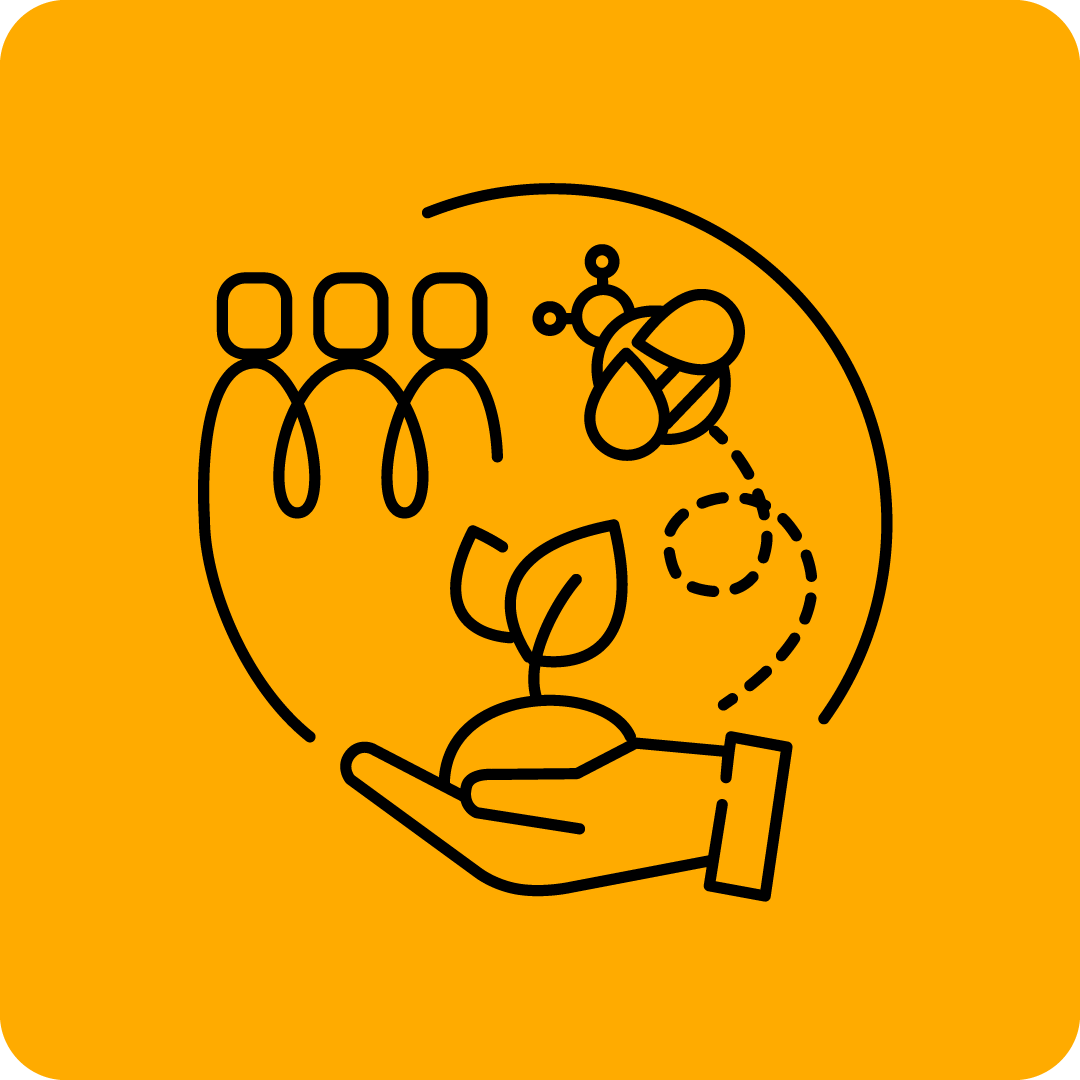
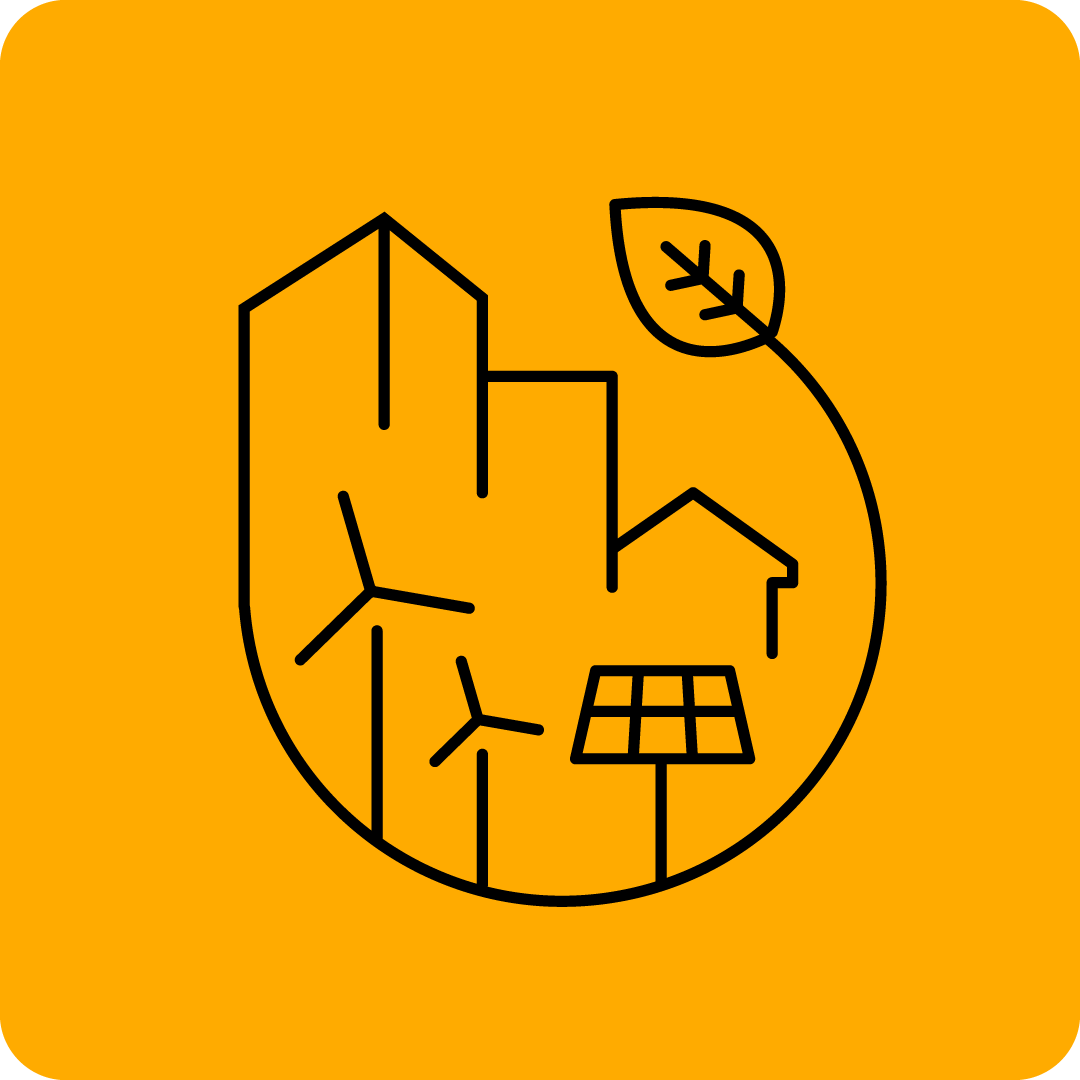
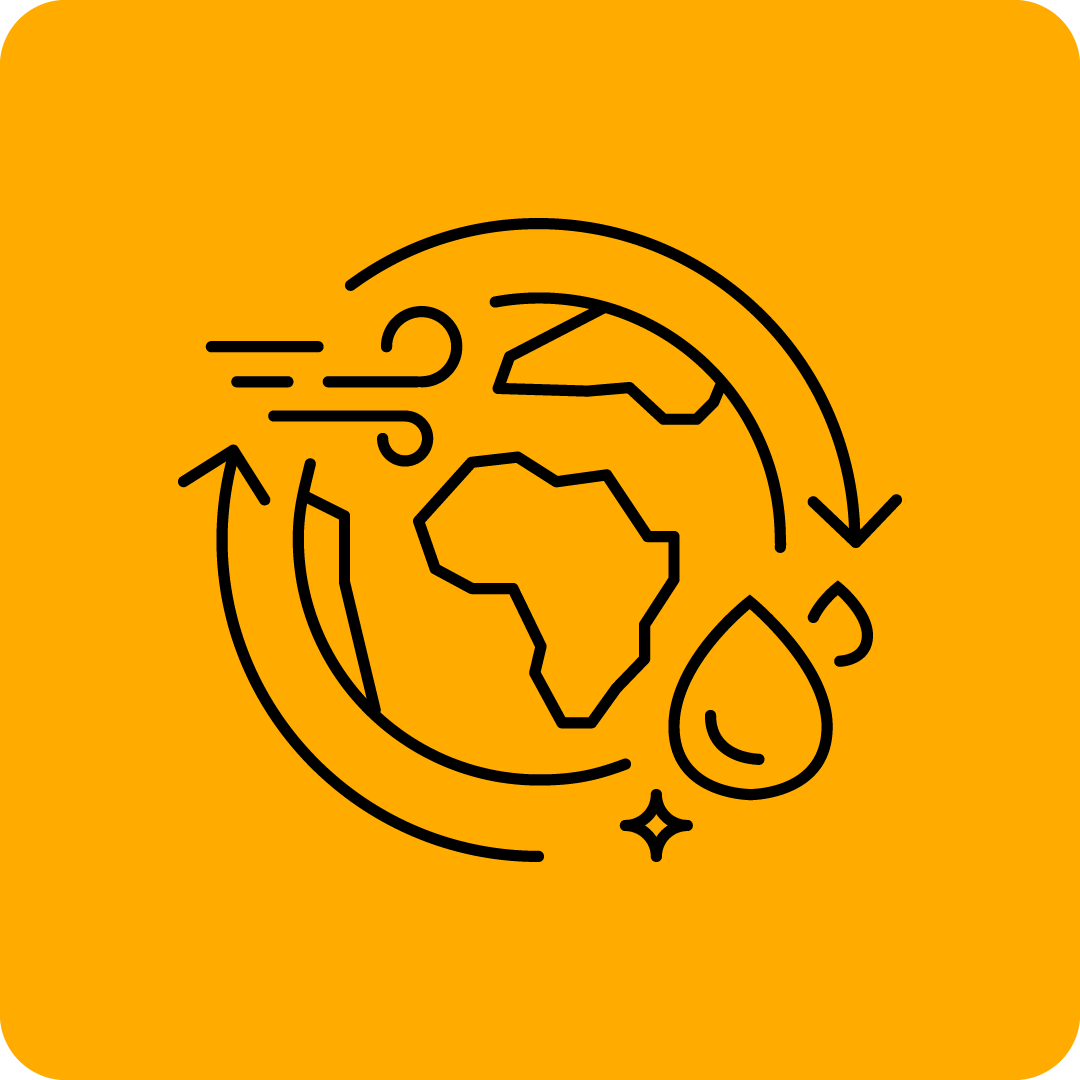

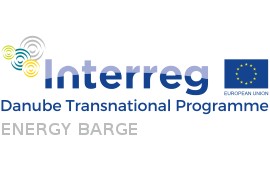
EuroVienna's services
Project and financial management:
- Report management as part of regular monitoring to monitor the status of project implementation in activities and financial management;
- Financial management for the client in compliance with the requirements of the regulations and the guidelines of the funding program;
- Support with project accounting and first level control (FLC);
- Support in the tendering of subcontracts/studies;
- Support in checking the provision of services within the framework of subcontracts;
- Support in applying for and documenting reallocations in the project budget;
- Communication and correspondence with lead partners.
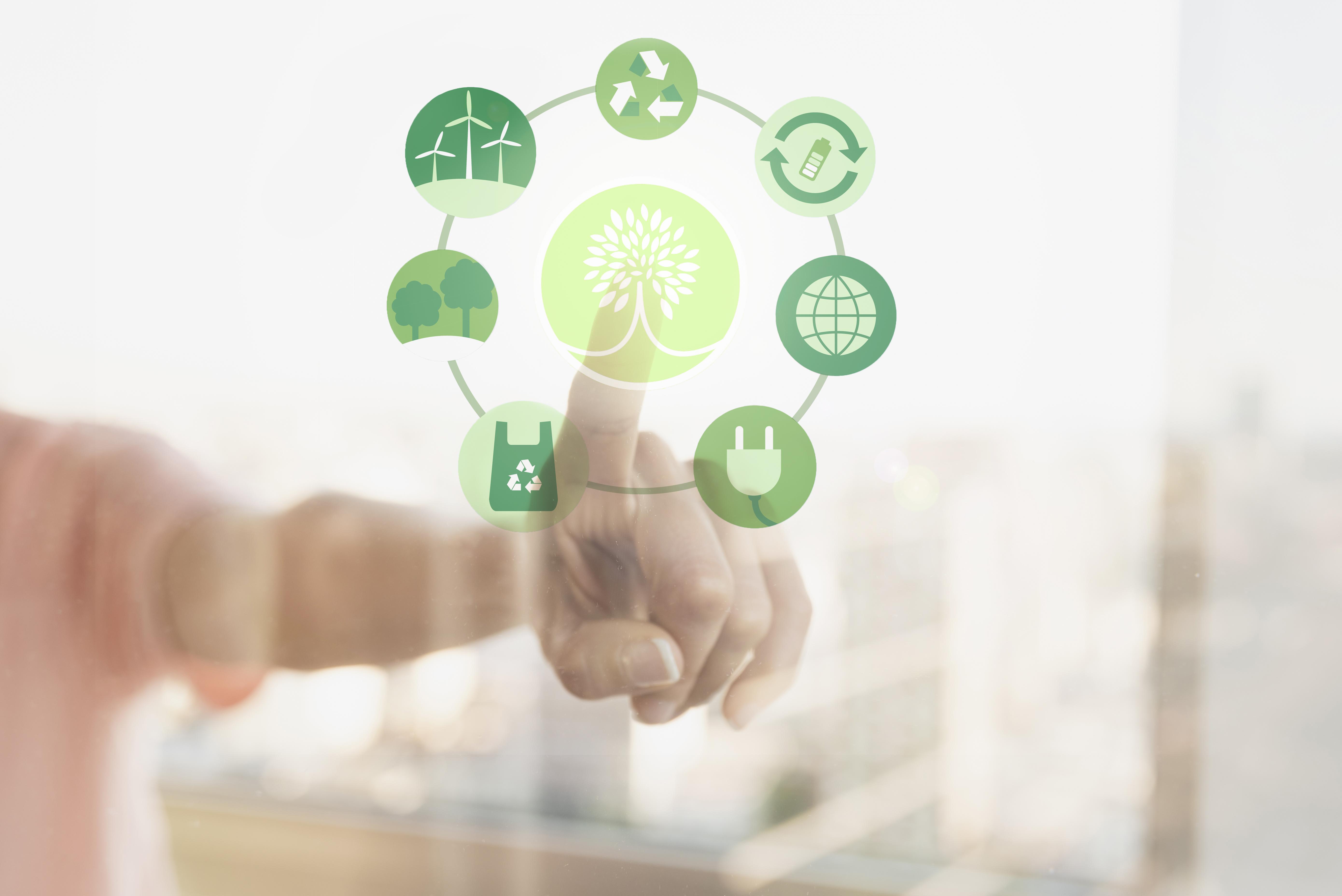
Project summary
The objectives of ENERGY BARGE were to:
- promote transnational cooperation between the main stakeholders in the biomass supply chain, including stakeholders from agriculture, the biomass industry and logistics service providers;
- increase energy security and energy efficiency in the Danube region by developing joint regional storage and distribution concepts and strategies to increase the use of bioenergy;
- establish a well-connected, reliable and environmentally friendly logistics concept for the supply of biomass raw materials, by-products and intermediate products by inland waterway vessel;
- position the Danube ports as hubs for the processing and handling of biomass products, increasing their efficiency and strengthening the networking of the Danube ports with stakeholders from the bioenergy sector;
- establish a reliable transport and distribution network for the bioenergy sector through practical advice for potential users of Danube logistics.
Results and impact
- An outstanding feature of the Energy Barge project was its cross-sectoral approach: the project brought together key stakeholders along the entire value chain, stakeholders from the bioenergy industry, Danube ports and relevant authorities and political stakeholders. This supported the transnational transfer of know-how and cooperation;
- Energy Barge provided a platform for the exchange of experiences and best practices to expand the use of biomass for energy production in the Danube region;
- Increased use of Danube logistics can help to reduce emissions, establish a low-carbon transport system and improve environmental performance along the entire bioenergy value chain;
- The project's promotion of ports as locations for the processing, handling and storage of biomass for energy production supports port development;
- In particular, the project contributed to the implementation of the action plans developed in the Priority Areas (PA) 2 "Energy" and PA 1a "Inland Waterways" of the EU Strategy for the Danube Region (EUSDR).

Project partners:
- Fachagentur Nachwachsende Rohstoffe (Germany)
- BioCampus Straubing GmbH (Germany)
- Technische Hochschule Deggendorf (Germany)
- via donau - Österreichische Wasserstraßen (Austria)
- Hafen Wien (Austria)
- Bioenergy2020+ GmbH (Austria)
- International Centre of Applied Research and Sustainable Technology (Slovakia)
- Slovak Shipping and Ports JSC (Slovakia)
- MAHART-Freeport Co. Ltd (Hungary)
- International Centre for Sustainable Development of Energy, Water and Environment Systems (Croatia)
- Public institution Port Authority Vukovar (Croatia)
- Technology Center Sofia Ltd. (Bulgaria)
- Romanian Association of Biomass and Biogas (Romania)
- Federatia Proprietarilor de paduri si pasuni din Romania (Romania)
- Nemzeti Agrárkutatási és Innovációs Központ (Hungary)
Project area:
- Danube riparian states (countries of the interreg Danube Region Program)
Website(s):
